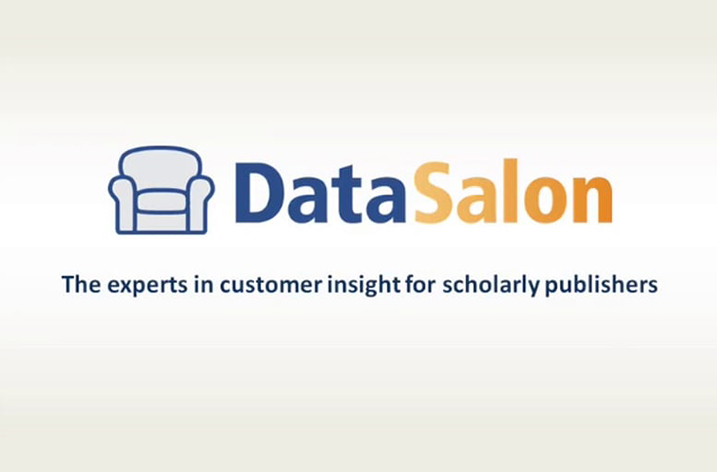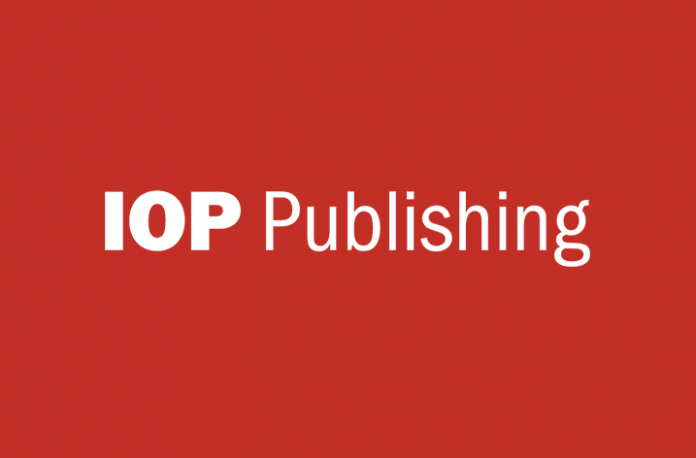Discover the new Gateway on F1000Research, offering Latin American research communities the opportunity to publish in a forum with international visibility and in accordance with the principles of open science.
GDC Difusión Científica has partnered with open research publisher F1000 to create a dedicated open research publishing hub, GDC Open Research in Latin America. This Gateway will enable researchers to amplify the impact of their work and promote the principles of open research throughout Latin America and beyond.
GDC Difusión Científica has more than 30 years of experience serving the academic institutions of Latin America, providing software, eBook and journal collections, drug information systems and more. They operate throughout Latin America and have developed a deep knowledge of the needs and interests of the academic communities of the region.
GDC Open Research in Latin America is the first publishing Gateway of its kind in the region, providing the Latin American scholarly community with a dedicated forum to publish research with international impact and visibility. The Gateway is situated on F1000’s own publishing platform F1000Research, and it aims to support and accelerate research by providing rapid, open access publication with links to all underlying data.
This partnership between GDC Difusión Científica and F1000 provides several benefits and enhancements for authors, including a streamlined submission process, speed of publication, and enhanced discoverability, along with additional support from F1000’s expert editorial team.
Norma Montesdeoca León, founder of GDC Difusión Científica said:
“GDC Open Research in Latin America will highlight the valuable contributions of Latin American researchers to their subjects and to the open research movement. It will provide a dedicated space for them to share their specialized knowledge, accelerating the impact of their research whilst embracing the principles of open science. We are looking forward to this opportunity to support and amplify the many voices of our talented scholars from Latin America.”
As a multidisciplinary publishing hub, GDC Open Research in Latin America will facilitate the publication of Latin American Studies, while supporting the work of Latin American scholars in other fields. The Gateway also provides specialist areas dedicated to subjects of particular interest, including Art, Literature and Culture, Politics and International Relations, Studies in Latin American Society, Medicine and Public Health, and more.
Rebecca Lawrence, Managing Director, F1000 said:
“It is fantastic to see our first Gateway in Latin America go live today. With the help of GDC Difusión Científica, GDC Open Research in Latin America has the potential to help revolutionize how the results of research in Latin America are disseminated. This multidisciplinary Gateway exemplifies our belief that research and scholarship should have no barriers. GDC Open Research in Latin America will follow our trusted publishing model, which has continually aimed to serve authors from beginning to end, from participation in open review to copyright ownership. We will continue to adapt the model to ensure it best meets the needs of the ever-growing communities that we serve, and are excited to work towards making GDC Open Research in Latin America one of the key publishing venues in Latin America.”
GDC Open Research in Latin America welcomes a variety of article types, supporting authors throughout the research process. The multidisciplinary Gateway accepts submissions in eighteen different formats across a wide range of fields, especially those with a focus on Latin America. For the Gateway to extend the impact and international visibility of Latin American research, all articles must be submitted and published in English, although some article types, such as posters and slides, will be accepted in Spanish. Researchers from Latin America are particularly encouraged to submit to GDC Open Research in Latin America, but the Gateway welcomes articles within the scope from scholars around the world: https://f1000research.com/gateways/gdcopenresearch/about-this-gateway


































